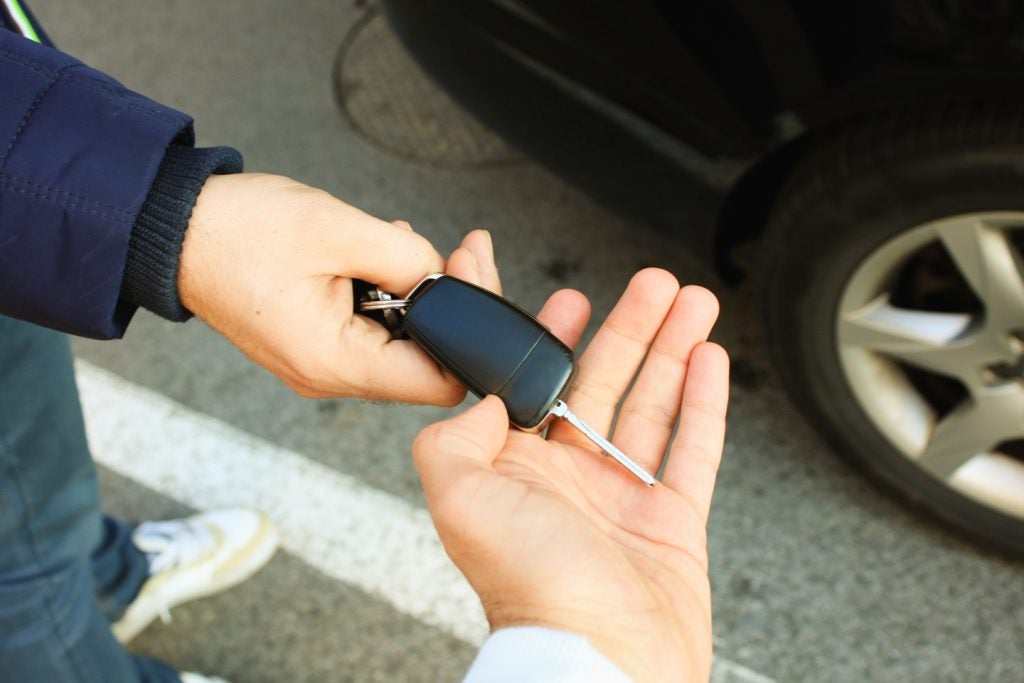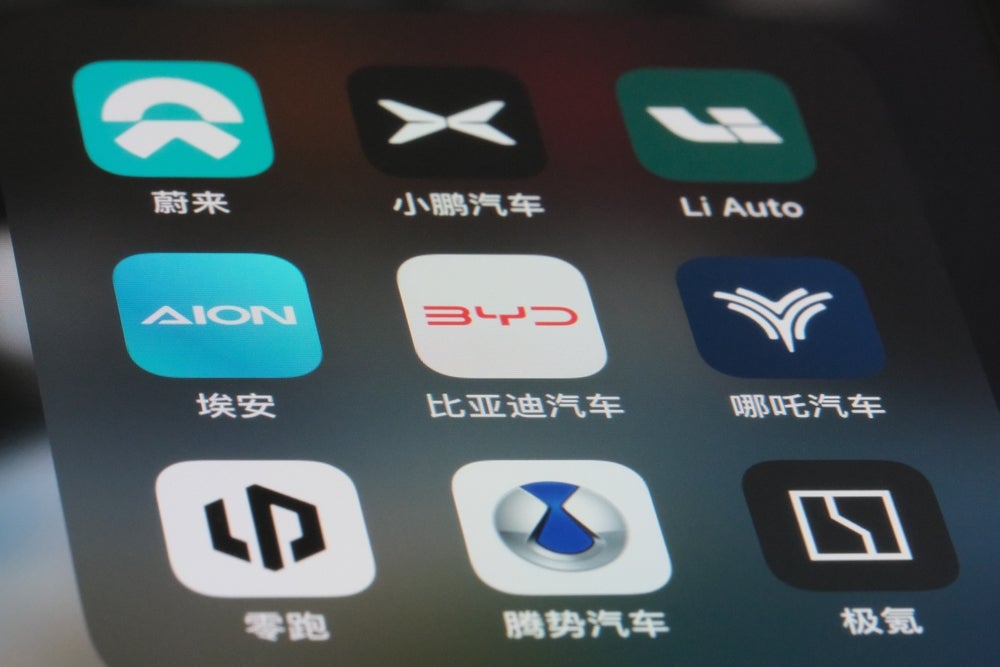Online retailing in the automotive sector could take off if a few hurdles are overcome, according to speakers at this year’s Vehicle Remarketing Association seminar. Simon Wells reports.
Several experts revealed consumer behaviour evidence that pointed to a positive attitude to online retailing, particularly in respect to information gathering and for the finance and purchasing process, combined with the back-up of knowledgeable staff who can help customers along the buying journey.
Rob Severs, VP data and insight at finance technology firm iVendi, said he believed there is consumer demand for online retailing, and that the likes of Tesco Cars in the UK demonstrated this, even though online players have not yet made any money.
“At iVendi, we categorise the consumer journey. We call the three stages ‘engage’, ‘convert’, ‘transact’.”
“‘Engage’ is the consumer online – doing all the difficult bits, which takes far too long. They research the car they want and who they’re going to buy it from. Then they go and visit them, and do the transaction chat at the showroom.”
In online retailing today, Severs said he believes a full, end-to-end transaction is possible, with some retailers already offering this through their websites. However, he claimed that they are “essentially putting a shopping basket at the bottom of a website”, which is not what consumers want, as the process is too complicated for this approach to work.
How well do you really know your competitors?
Access the most comprehensive Company Profiles on the market, powered by GlobalData. Save hours of research. Gain competitive edge.

Thank you!
Your download email will arrive shortly
Not ready to buy yet? Download a free sample
We are confident about the unique quality of our Company Profiles. However, we want you to make the most beneficial decision for your business, so we offer a free sample that you can download by submitting the below form
By GlobalData“The showroom’s got to go further up the channel as well,” he added. “What do I mean by that? Well, iVendi believes existing solutions are a ‘happy path’. When you develop a product you look at the most common scenarios and develop your product around that. Existing online retailing solutions for cars think of this isolated beautiful path.”
Complicated
Severs said that for online car retailing, the path is actually far more complicated and non-linear.
“The reason it’s so complicated is that you’ve got all these factors at work: you’ve got the vehicle, the trade-in, the finance and more. But underpinning all of those is compliance and the need for profitability. Existing retailers today have organisations and cultures with evolved working practices that you can’t just lose in an online world.”
Severs’ solution is to offer a personalised deal for every customer, because it is the only way to incorporate haggling, finance settlements, the trade-in, warranty and anything else that the customer and retailer negotiate.
iVendi has been running this personalised deal solution for the past year, sending out 72,000 offers.
Pointing out that Financial Conduct Authortiy (FCA) compliance is a hotter topic than ever, Severs added that personal finance offers can help compliance. “Eighty-one percent have been opened and 51% have converted to a hard finance application, so it works,” he explained.
“The beauty of doing this is that when your customer self-serves, you get a big order trail. You get a lovely digital footprint of exactly what’s happened – customer logged in, they created an account, they watched the video on the product, they said they could afford the car. It’s all there and can all be accessed.”
The amount of data available because car buying, including transactions, is moving online means better decisions can be made by both businesses and consumers, according to VRA chair Sam Watkins. “Increasing use of data to drive intelligent decisions, both in terms of valuations and placing cars in the right location, has been highlighted as an important issue. The data also shows that consumers need the trust that comes with dealing with humans when coupled to the online journey.
“The omnichannel route must be the future so that retailers can succeed. Despite demand by consumers for a more empowered journey, there is still the need for human contact.”
Hurdles
Other hurdles the industry needs to overcome if a successful omnichannel sales process is to succeed, as pointed out by speakers at the VRA conference, include the time it takes to complete a car purchase, a lack of transparency in the sales process and the absence of simple multi-make car-comparison sites.
Highlighting some of these points, Auto Trader’s Nick King said: “It still takes three hours to buy a car in a showroom – and that’s just for the transaction. How can that still be the case when you can spend £10,000 on a holiday on a credit card immediately? We over qualify in the dealership. Other businesses, for example Apple, check where the customer is with decision making and speed up the process if necessary.”
King’s research reveals that one in three people would buy sooner if the process was easier. However, he was keen to point out that the retailer is “not the bad guy” in this system, as they are seen as the people who can help the buyer through the processes involved.
In terms of offering transparency, King believes the industry has some way to go in terms of helping the consumer. “No one is offering running cost or total cost of ownership figures,” said King. “The number of different versions for each model is massive, which makes decision making difficult. People want to compare cars in the same place.”
Auto Trader research also revealed that if online car buying was simple and easy today, 43% of 18-34-year-olds would use it, while this drops to 34% for 35-54-year-olds, and to 17% for those aged 55 or older.
However, King pointed out that these people still want to test drive a car, and to talk to people about the purchase.
by Simon Wells






